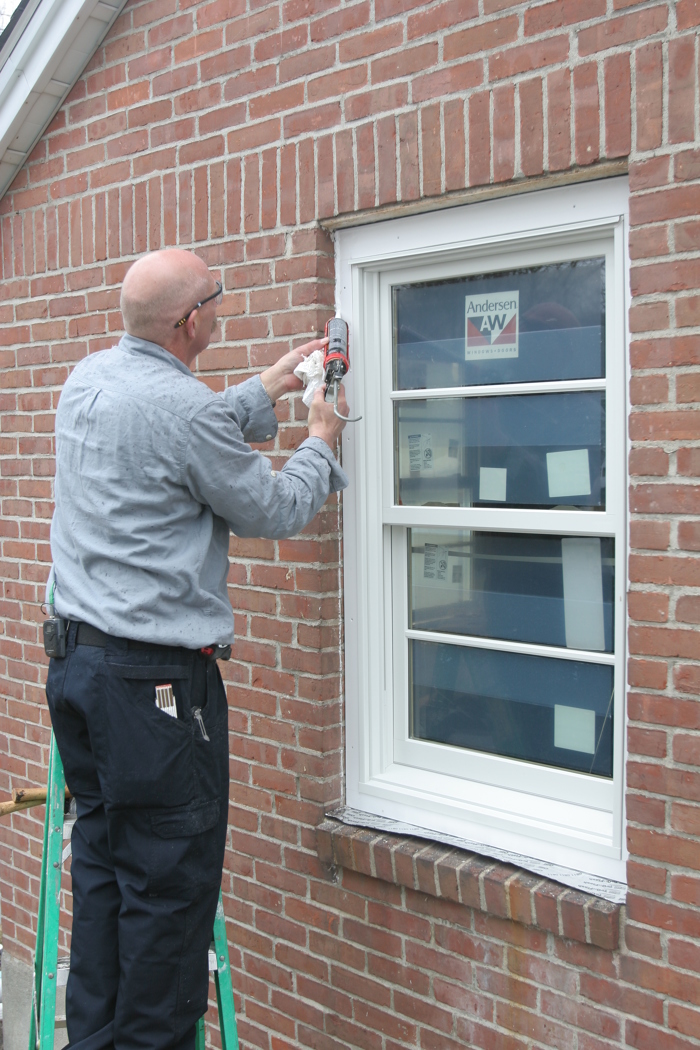Upgrade Your Home With Energy-Efficient Home Window Replacements
In the realm of home improvement, the choice to upgrade to energy-efficient home window substitutes can substantially affect both the functionality and looks of a house. Past the surface level of simple appearances, energy-efficient windows use a multitude of advantages that go past mere aesthetic appeal.
Advantages of Energy-Efficient Windows

The setup of energy-efficient home windows gives considerable financial savings on utility expenses while boosting ecological sustainability. Additionally, energy-efficient windows can aid control dampness levels within the home, minimizing the risk of mold and mold growth.
Past the financial advantages, energy-efficient home windows add to ecological sustainability by lowering carbon discharges related to energy manufacturing. By decreasing power use, these home windows aid alleviate the environmental effect of heating, lights, and cooling household areas. This decrease in energy intake plays an important role in combating environment change and advertising a greener future for generations to find. Overall, investing in energy-efficient home windows not just boosts the convenience and efficiency of a home yet likewise straightens with eco mindful techniques.
Types of Energy-Efficient Glass
Different sophisticated kinds of energy-efficient glass deal special buildings that deal with different needs and choices in improving the sustainability and effectiveness of structures. Low-emissivity (Low-E) glass is a prominent option made to decrease the quantity of ultraviolet and infrared light that can travel through the glass, consequently lowering warm transfer. This sort of glass helps keep a regular indoor temperature, reducing the demand for home heating or cooling systems, and ultimately decreasing power expenses. One more innovative alternative is spectrally discerning glass, which permits noticeable light to go through while obstructing certain kinds of infrared radiation. This assists in preserving a comfortable indoor environment while reducing heat gain. Triple-pane glass, including three layers of glass with protecting gas between them, provides enhanced thermal insulation, making it very energy-efficient. In addition, self-cleaning glass with an unique coating that breaks down and loosens up dirt when exposed to sunshine can lower upkeep requirements and maintain home windows looking clean. Each sort of energy-efficient glass offers distinct benefits, allowing homeowners to pick the most suitable alternative based on their specific demands and goals.
Variables to Take Into Consideration When Selecting
When pondering energy-efficient window substitutes, it is essential to very carefully assess certain aspects that line up with your sustainability purposes and desired power financial savings. The U-factor procedures just how well the home window protects, with reduced numbers indicating better insulation, while the SHGC shows the home window's ability to obstruct heat from sunshine. By carefully evaluating these aspects, you can select energy-efficient windows that boost comfort, minimize energy expenses, and profit the environment.
Installment and Maintenance Tips

Routine upkeep is crucial to maintaining the performance of your energy-efficient home windows. Check the weather-stripping and seals for any kind of spaces or tears and replace them if required to maintain the home windows' energy efficiency. Jersey Village window replacement.
Furthermore, lubricate relocating parts such as locks and joints to make sure smooth operation. By following these installation and upkeep pointers, you can enhance the energy performance of your home and extend the lifespan of your energy-efficient windows.
Cost-Benefit Evaluation of Upgrading

Energy-efficient home windows are made to minimize warmth transfer, lowering the need for heating and cooling systems to burn the midnight oil. This can bring about significant cost savings on power bills, specifically in regions with extreme temperature levels. In addition, energy-efficient home windows can enhance the total worth of your home, making it extra eye-catching to prospective buyers if you decide to market in the future.
When determining the cost-benefit analysis, consider the potential savings on power costs, any kind car window mechanism repair of readily available rewards or discounts, and the life expectancy of the windows. While the initial expense might be higher, the long-term cost savings and advantages of energy-efficient home windows make them a clever investment for property owners wanting to boost their property's power effectiveness and worth.

Final Thought
Finally, updating to energy-efficient home window replacements uses various advantages such as decreased power consumption, increased convenience, and cost financial savings. By choosing the appropriate kind of energy-efficient glass and considering variables like framework material and installment, property owners can optimize the efficiency of their home windows. Regular upkeep and proper setup are important for lasting performance. Generally, the cost-benefit evaluation sliding secondary glazing of upgrading to energy-efficient home windows shows that the first investment can cause significant cost savings over time.
When contemplating energy-efficient window substitutes, it is necessary to meticulously examine specific elements that align with your sustainability purposes and preferred power financial savings. The U-factor steps exactly how well the home window shields, with lower numbers suggesting better insulation, while the SHGC indicates the window's ability to block heat from sunshine. By thoroughly reviewing these variables, you can pick energy-efficient windows that improve comfort, lower power costs, and profit the atmosphere.
While energy-efficient home windows may have a higher in advance expense compared to conventional home windows, the long-term advantages frequently exceed the preliminary financial investment.In final thought, updating to energy-efficient window substitutes offers various benefits such as lowered power consumption, raised convenience, and cost financial savings.